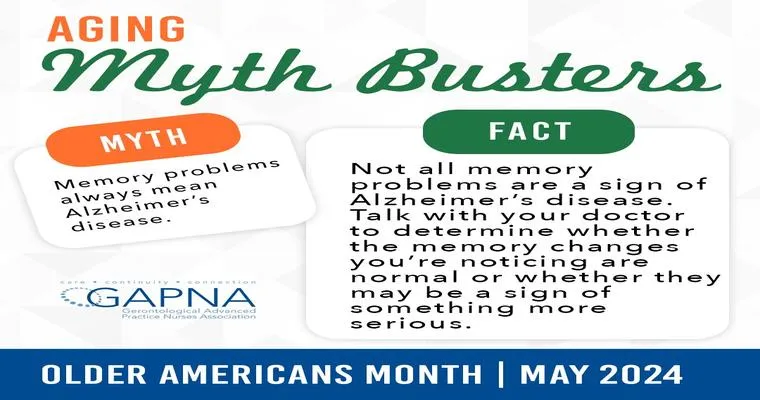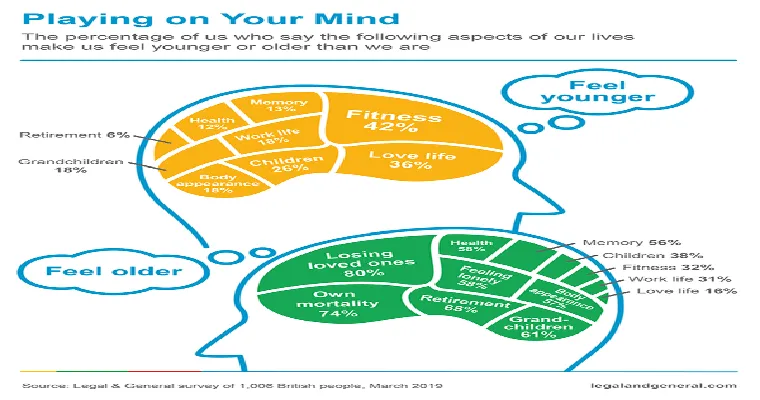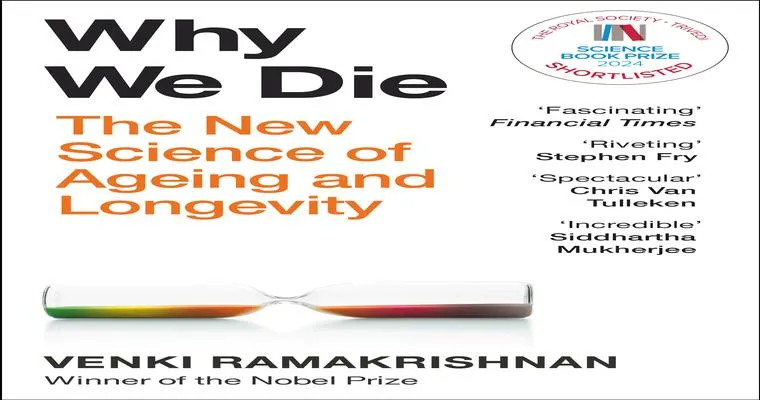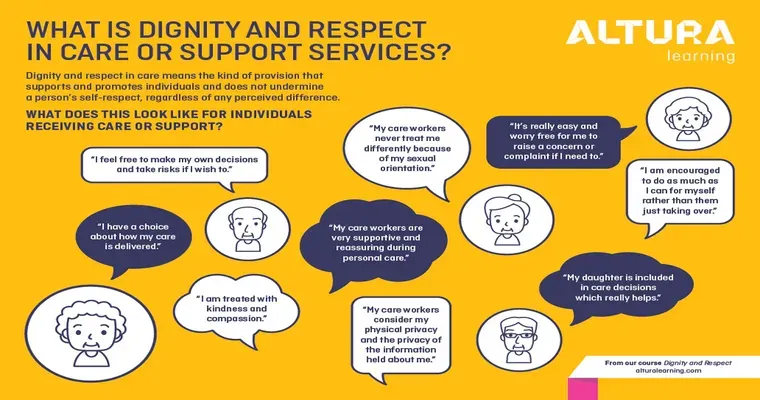Aging is a natural part of life, yet it is often surrounded by "misconceptions" and "stereotypes" that can lead to misunderstandings about what it truly means to grow older. This article aims to debunk ten of the most common myths about "aging", providing clarity and fostering a more positive perspective on the aging process.
Misconception 1: Aging Means Declining Health
Many believe that aging automatically leads to poor health and chronic diseases. While some health issues may become more prevalent with age, many older adults lead active and healthy lives. Regular exercise, balanced nutrition, and preventive healthcare can significantly enhance well-being as one ages.
Misconception 2: Older Adults Are Not Tech-Savvy
Another common belief is that older individuals struggle with technology. In reality, many seniors are embracing technology and using smartphones, social media, and online services to stay connected and informed. Lifelong learning is more accessible than ever, allowing older adults to adapt to new technologies.
Misconception 3: Aging Equals Loneliness
While some seniors may experience loneliness, it is not a given. Many older adults maintain vibrant social lives, participating in community activities, clubs, and family gatherings. Social connections are crucial at any age and can be actively nurtured.
Misconception 4: Memory Loss Is Inevitable
Memory loss is often perceived as an unavoidable part of aging. While some degree of cognitive decline can occur, not all older adults experience significant memory issues. Engaging in mentally stimulating activities, such as puzzles, reading, and learning new skills, can help maintain cognitive function.
Misconception 5: Seniors Are Set in Their Ways
The stereotype that older individuals cannot change or adapt is misleading. Many seniors are open to new experiences, ideas, and changes in lifestyle. In fact, many embrace change as they navigate new phases of life.
Misconception 6: Aging Is All About Wrinkles
While "wrinkles" and other visible signs of aging are often emphasized, they are just one aspect of the aging process. Aging also comes with wisdom, experience, and a deeper understanding of life. Focusing solely on appearances can overshadow these valuable attributes.
Misconception 7: Retirement Means a Lack of Purpose
Retirement is often viewed as a time of inactivity or loss of purpose. However, many retirees find fulfillment in pursuing hobbies, volunteering, or engaging in part-time work. This phase of life can be an opportunity for personal growth and exploration.
Misconception 8: Older Adults Are Not Physically Active
The belief that seniors are inactive is far from the truth. Many older adults engage in regular physical activity, including walking, swimming, and yoga. Staying active is essential for maintaining health, mobility, and overall quality of life as one ages.
Misconception 9: Aging Is a Negative Experience
Culturally, aging is often portrayed as a decline. However, many people find joy and fulfillment in later life. Positive relationships, new experiences, and self-discovery can lead to a rich and satisfying life in older age.
Misconception 10: You Can’t Teach an Old Dog New Tricks
This phrase suggests that older adults cannot learn new skills or adapt to new ways of thinking. In reality, people of all ages are capable of learning and developing new skills. Lifelong learning is beneficial and can lead to continued personal and professional development.
In conclusion, it is essential to challenge these "misconceptions" about aging and recognize the diverse experiences and capabilities of older adults. By fostering a more accurate understanding of aging, we can create a society that values and respects individuals at every stage of life. Embracing aging as a natural and enriching process allows everyone to appreciate the journey ahead.





